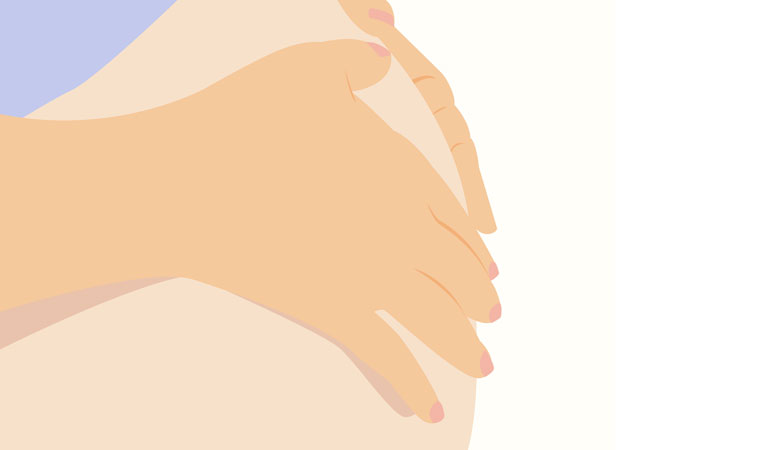I don’t recall being referred to as anything — birth, natural, or biological mother — when I relinquished my son for adoption in 1970. If I had shared my secret afterward, I might well have been called something: a slut, a bad mother, or, worse (at least to me), a saint.
Better, I decided, to be nobody.
By the time my son and I reunited, 26 years later, his adoptive mother had died, so he had no mother except me. He called me Mom from the start. I was thrilled, despite my doubt that I deserved the title. The first time I heard the term “birth mother” was in a search/reunion support group. I took no offense. Birth mother seemed appropriate: I had given birth to, but had not raised, my son.
Only recently did I discover that many birth mothers and adoptees object to “b-language” (“birth-” or “biological”). Some consider it demeaning, insisting that “natural,” “first,” or “mother” are the only acceptable labels for women who have “lost children to adoption.” I began to wonder: Had I been in a weakened state when I assumed the b-mother title? Or are those who object to it being overly sensitive?
The term “natural mother” was once used in adoption documents, but social workers began replacing it in the 1970s, citing “birth mother” as more adoption-friendly. Positive Adoption Language (PAL), outlined by social worker Marietta Spencer, in 1979, has standardized the terms birth mother, birth father, and birth parent.
The stated objective of PAL is to “promote adoption as a way to build a family, equally important and valid as birth.” “Real” and “natural” are now considered negative; “birth” or “biological” are positive. “Give up” and “surrender” have been replaced by “make an adoption plan” or “choose adoption.” Does this reflect the true experience of adoption? I certainly never “chose” adoption nor made a “plan.”
“Neither adoptive parents nor social workers consulted with the people they were naming,” said Sandra Falconer Pace, director of the Canadian Council of Natural Mothers. “Politically correct language arose from the right of a people to name themselves. For example, we once referred to ‘the Eskimo people,’ but now use their own term for themselves, ‘the Inuit.’ We refer to ‘African-American people’ because that is the term they have chosen for themselves.”
Perhaps it isn’t about words, but about who decides which words will be used. As Toni Morrison wrote about political correctness, it is more about having the power to define others. When it comes to adoption, the power clearly lies with the industry: agencies, social workers, pregnancy counselors, attorneys, and legislators. A mother may refer to herself as a birth mother, but bristle when the term is assigned to her by someone else.
It seems to me that, for all of our professed political correctness, language has become more divisive in recent years, and we are all easily offended. Almost every post-adoption website I’ve visited displays some degree of bias. There are those who resent the b-words and yet refer to adoptive parents as “adopters” or even “abductors.” Have we, like the rest of our culture, fallen prey to the “us against them” mentality?
The words we choose are important, and respect is a two-way street. It’s unlikely that we will ever agree on language that suits everyone’s needs. We can and should use the words that resonate with us. Although I use the term less frequently these days, I reserve the right to call myself a birth mother (even though experience tells me the general public is likely to think that means I was a surrogate). If another mother wants to be called something else, I will respect her wishes. What I will not stand for is our being collectively labeled to disparage or manipulate our significance as mothers.


